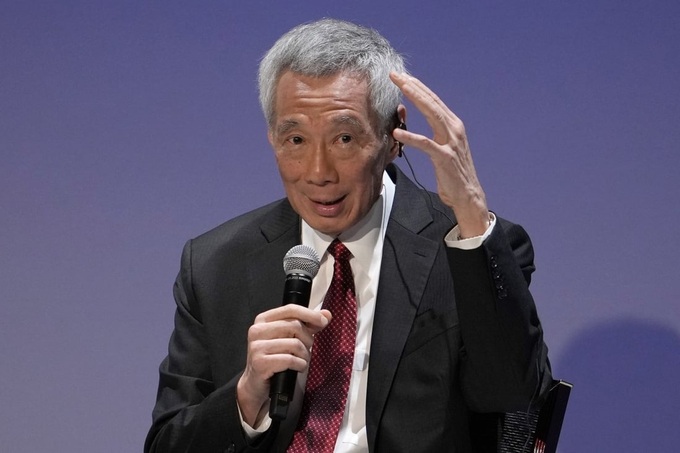
Singapore Prime Minister Lee Hsien Loong (Photo: EPA).
In a speech to lawmakers, Singaporean Prime Minister Lee Hsien Loong said tensions in the Taiwan Strait were the "most dangerous flashpoint" in the growing rivalry between the US and China, adding that the risk of "miscalculation or mishap" was increasing.
While there is a belief in Beijing that the US is seeking to contain China's development, in Washington there is now a bipartisan consensus that "China's growing power and assertiveness are becoming a serious threat to US interests and values", Mr. Lee noted.
China considers Taiwan an inseparable territory that must be unified at all costs, including by force. Although the US has no formal relations with Taiwan, it is the island's leading economic and military partner.
Mr. Lee emphasized that Singapore recognizes the "One China" policy and continues to support the peaceful development of relations across the Taiwan Strait.
"China regards Taiwan as the most important issue and the One China principle is their red line," Mr. Lee stressed.
However, he said that Western countries, although acknowledging "One China", consider tensions on both sides of the Taiwan Strait as a broader issue related to the ideologies pursued by both sides. He said that the difference in views between the parties on the situation in Taiwan is very worrying.
He referred to recent developments including Taiwanese leader Tsai Ing-wen's meeting with US House Speaker Kevin McCarthy and Beijing's subsequent military exercises around the island in retaliation.
"It is a very worrying development. But we still hope that the relationship between the US and China will not get worse, and that both sides can keep the lines of communication open and work together to mend the relationship on the basis of mutual trust and respect," Mr. Li said.
Commenting on the Russia-Ukraine conflict, Mr. Ly said that the war is in a "stalemate, with no positive prospects in sight." He said that relations between Russia and NATO have "completely broken down and will not return to normal anytime soon."
Source




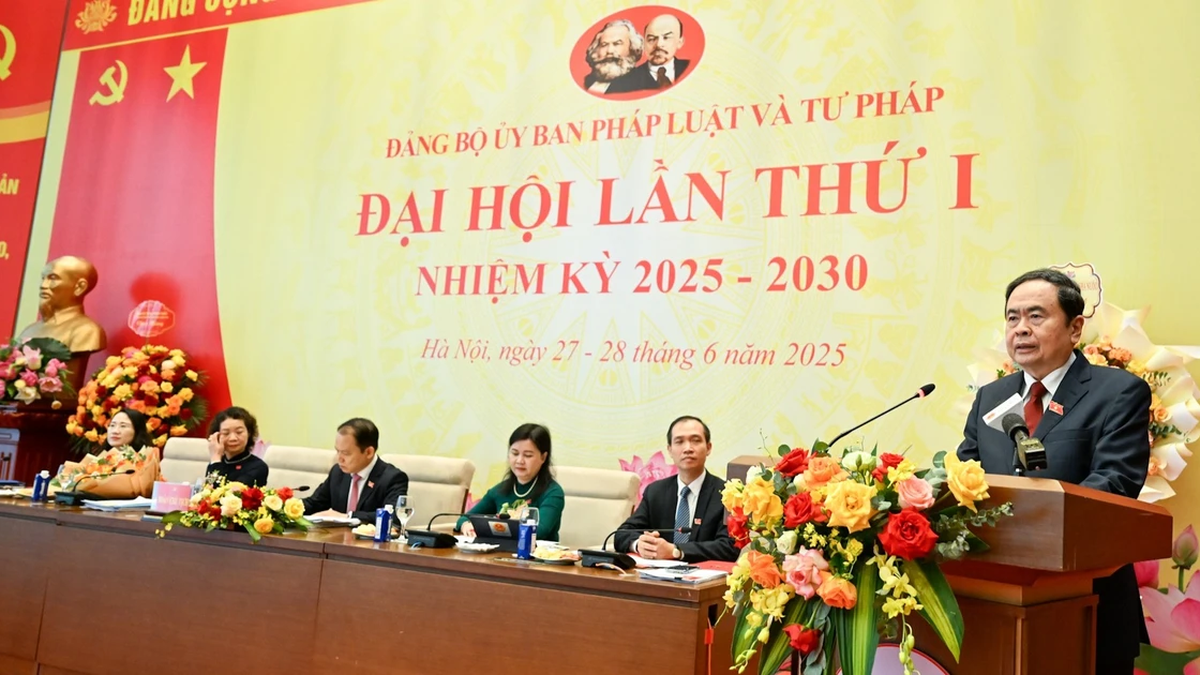



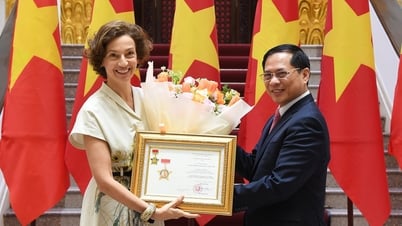

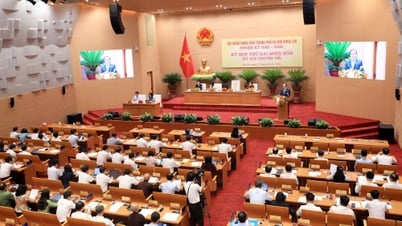
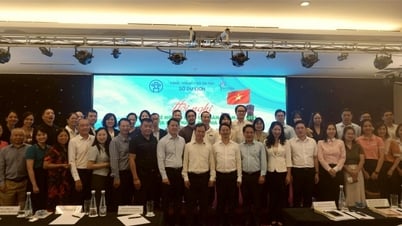
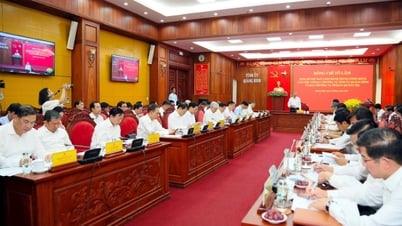

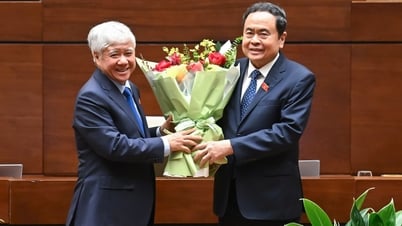










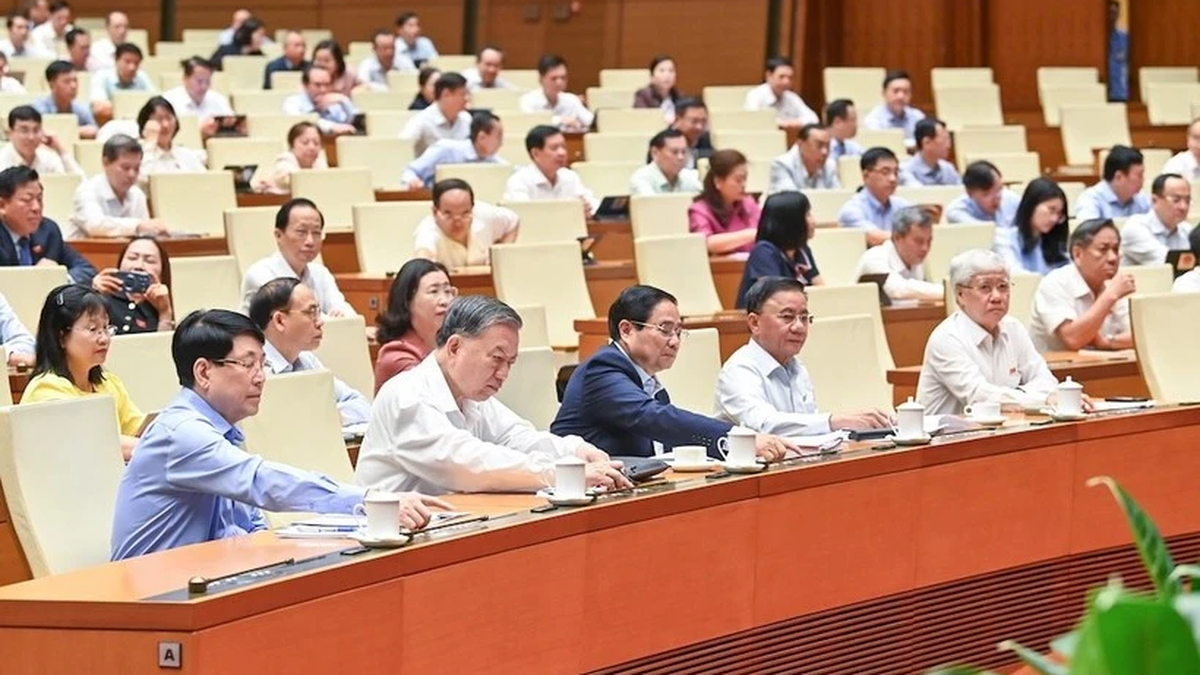


























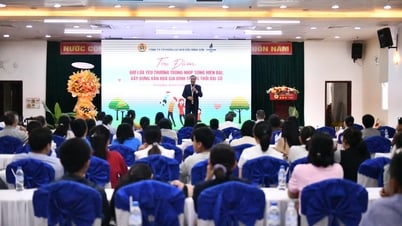









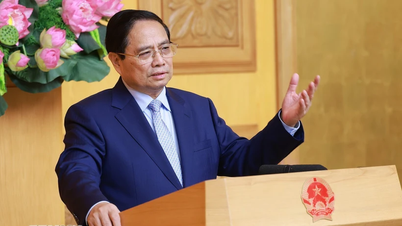
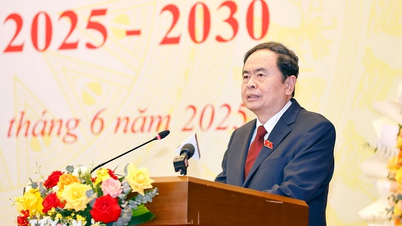

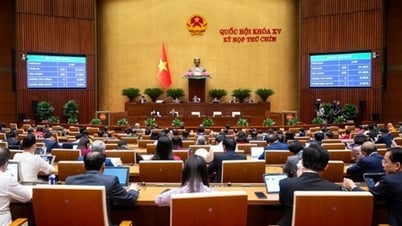






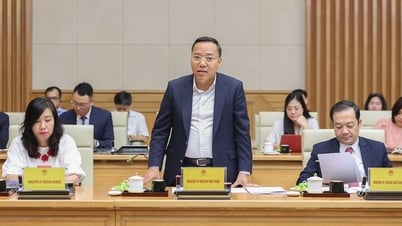



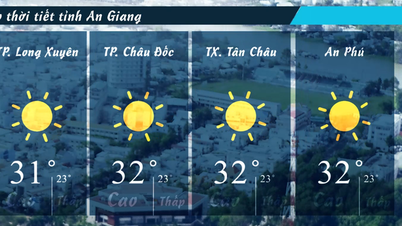



















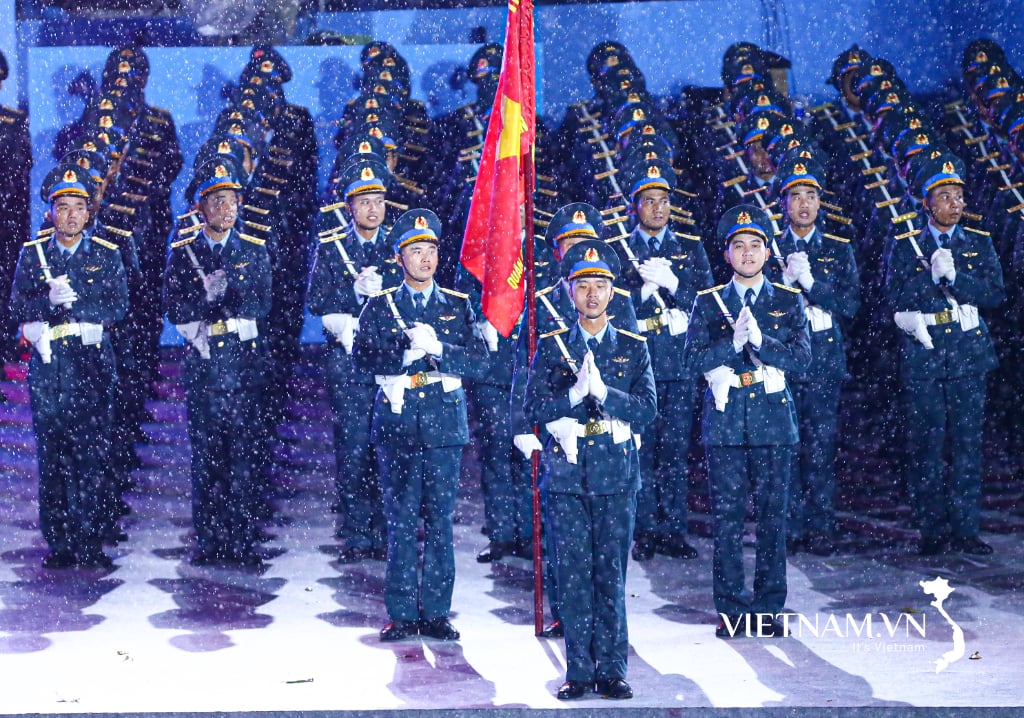



Comment (0)